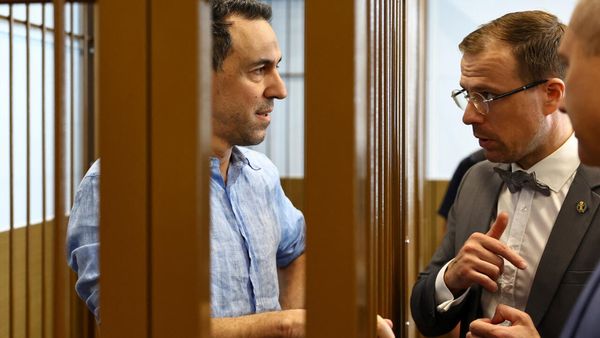Northumberland has had a higher take up for its autumn Covid booster programme than the national average.
Its take-up of 57.3% from all eligible cohorts from 111,000 doses of Covid-19 vaccines is also above the North East and North Cumbria average, it was heard at the Health and Well-being Board at County Hall in Morpeth. However, Rachel Mitcheson, Director of Place and Integrated Services at the NENC Integrated Care Board, warned that it was "vital to retain momentum" as the 50 - 64 year old age group were less keen to come forward for a booster vaccine.
Data shows that in Northumberland, 46.63 per 100,000 people are testing positive for Covid. Hospitalisations have decreased and most who test positive for Covid in the county's hospitals haven't been admitted for the illness as the primary cause of their hospitalisation.
Read more: Council leader insists care homes not on the verge of collapse after provider's alarming warning
But despite the illness's decline, health professionals in Northumberland are still encouraging "hands, face, space" guidance with Covid-19 still circulating and the rise of influenza, in what has been named a "twindemic" by academics at Newcastle University. Alistair Blair, Executive Medical Director of the Northumbria NHS Trust said: "It's important that we don't look at Covid in isolation, we normally talk about influenza at this time of year."
Mr Blair cited epidemiological evidence from Australia that the UK could be expecting a large spike in flu at the moment, though it has not happened yet. He continued: "There's certainly an anticipation that covid will continue to plateau off in the next six weeks, but some epidemiological evidence that it could pick up in January."
He added that Northumbria NHS were anticipating a spike in mid-January, but that depended on strains. He also confirmed that covid is no longer the main pressure on NHS Northumbria's operations, though also added that people may have had a "rough experience" with recent Covid variants.
He finished: "There have been multiple strains where the first exposure was catastrophic and subsequent exposures have been milder. Generally speaking (the current strain) is milder in terms of hospitalisations but on an individual level people are finding that they feel much worse, which is no different to influenza where some people will be completely wiped out one year for a number of weeks.
"What we do know is that the current strain is not as serious in terms of hospitalisations and very severe medical complications as previous variants were."
Gill O'Neill, Deputy Director of Public Health, who was standing in for Liz Morgan at the committee meeting, said: "The messages remain the same as las month on remaining vigilant and obviously the vaccine remains our number one priority to reducing harm in our communities. If people are choosing to go into crowded spaces, masks remain an option because as we enter our winter with both flu and covid circulating; and we haven't had the same immunity from flu over the last two years; it's just the case of keeping airflow going in rooms as much as we can and being mindful that we stay at home during the symptomatic period.
Have you had your Covid booster vaccine yet this year? Let us know!
Read next
- See how work is progressing to the Northumberland Line as rail plans on track for 2023 opening
- Northumberland families can get weekly food shop worth £35 for £7.50 at new hub
More NHS funding for North East's deprived areas vital to avoid 'twindemic'
Covid-19 'resurgence' will up pressure on the NHS this winter, North East Ambulance Service warns







